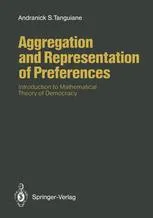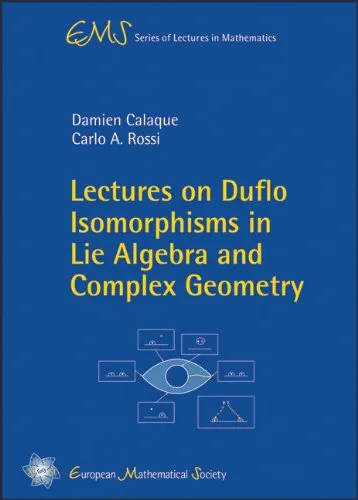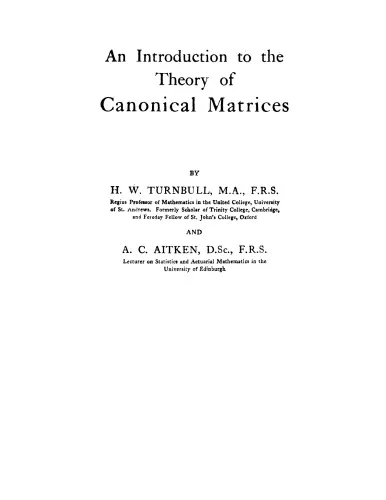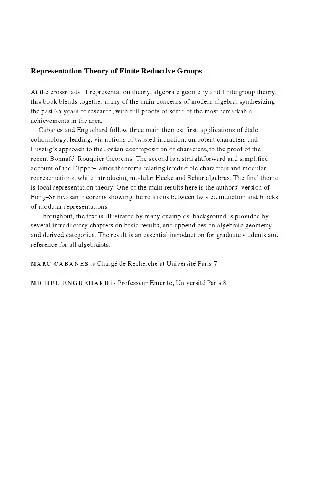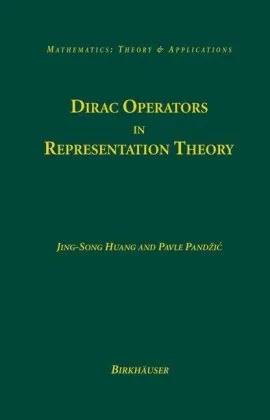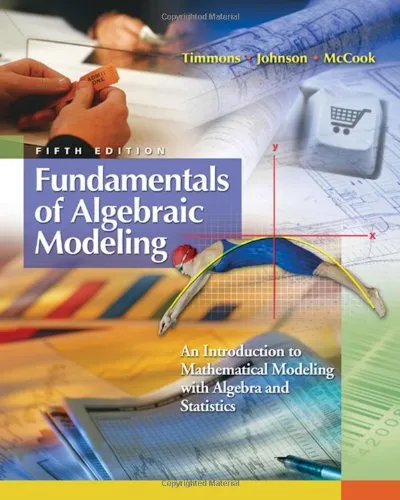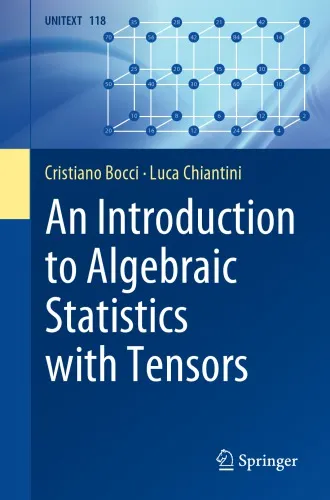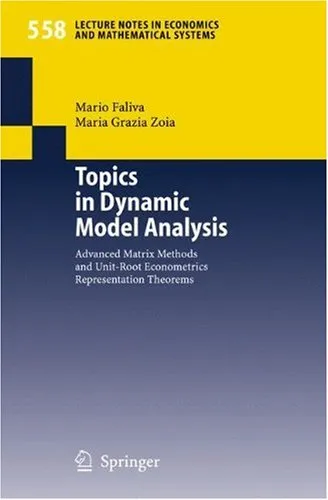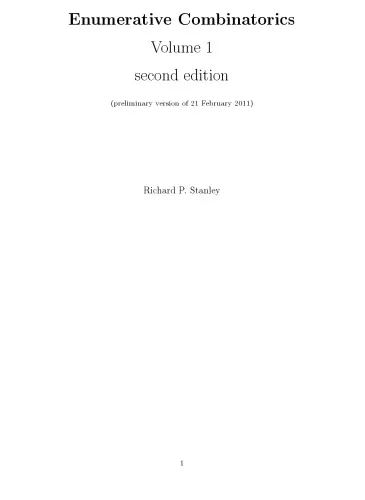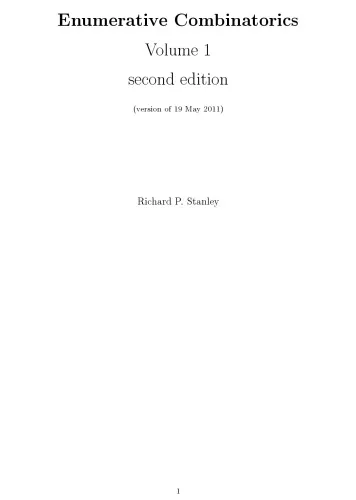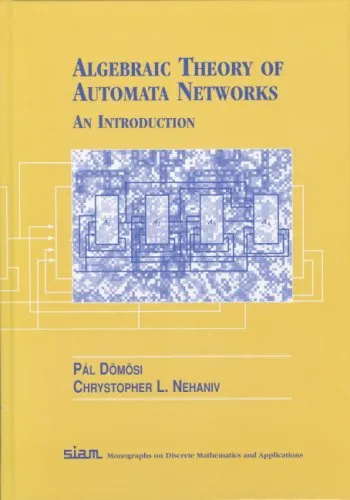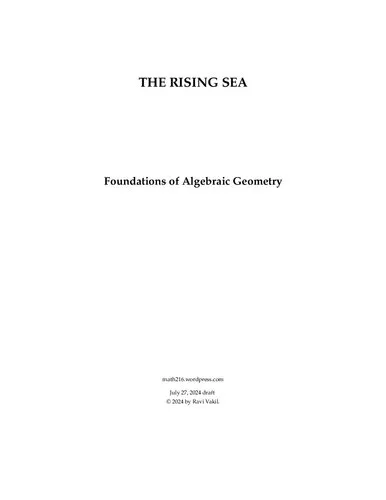Aggregation and Representation of Preferences: Introduction to Mathematical Theory of Democracy
4.4
Reviews from our users

You Can Ask your questions from this book's AI after Login
Each download or ask from book AI costs 2 points. To earn more free points, please visit the Points Guide Page and complete some valuable actions.Related Refrences:
Welcome to the intricate, fascinating world of social choice and democratic theory. "Aggregation and Representation of Preferences: Introduction to Mathematical Theory of Democracy" delves into the mathematical underpinnings of collective decision-making processes. This book is designed to bridge the gap between theoretical frameworks and practical applications in understanding democratic principles and mechanisms.
Summary of the Book
At its core, the book explores the mathematical models that underpin collective decision-making processes. These models aim to understand how individual preferences can be aggregated to produce outcomes representative of the collective will. This exploration is deeply rooted in the theory of social choice, a field that has its origins in the foundational works of Kenneth Arrow and others. The book discusses various voting systems, highlighting their potential advantages and pitfalls, and provides a mathematical framework to evaluate their effectiveness.
The initial chapters lay the groundwork, introducing key concepts such as preference aggregation, social welfare functions, and the Arrow's impossibility theorem. Subsequent sections provide a thorough examination of voting rules and their properties, including anonymity, neutrality, and monotonicity. The book also covers real-world applications, demonstrating how these theoretical concepts play out in actual democratic systems.
A significant portion of the text is dedicated to discussing the relevance and implications of social choice theory in contemporary democracies. It also engages with emerging challenges in democratic theory, proposing innovative mathematical solutions to contemporary problems. Engaging with this material allows one to appreciate the complexity of designing fair and effective democratic institutions.
Key Takeaways
- Develop a deep understanding of the mathematical theories underlying social choice and democracy.
- Gain insights into how individual preferences are aggregated in democratic systems.
- Explore the strengths and limitations of various voting mechanisms.
- Understand the practical implications of theoretical findings in real-world democratic systems.
Famous Quotes from the Book
"Democracy is not merely the summation of votes; it is an intricate interplay of preferences where mathematics becomes poetry."
"In a world full of voices, the math of aggregation seeks harmony in discord."
Why This Book Matters
In an era where the strength and integrity of democratic systems are constantly tested, understanding the underlying mechanics that govern these processes is crucial. This book equips readers with the knowledge to critically evaluate and contribute to discussions on democratic reforms and election systems. By presenting a rigorous mathematical approach to the study of democracy, it appeals to scholars and practitioners alike who strive for a deeper comprehension of how we can harness collective intelligence for the greater good.
The societal relevance of understanding preference aggregation cannot be overstated. As political landscapes grow increasingly complex and interconnected, the demand for systems that accurately reflect the collective will becomes paramount. This book provides the tools to not only understand these systems but also to contribute to their evolution. It's more than just a book about democracy—it's a call to engage with the democratic process systematically and thoughtfully, ushering in an era where decisions made by the many are informed, fair, and representative.
Free Direct Download
You Can Download this book after Login
Accessing books through legal platforms and public libraries not only supports the rights of authors and publishers but also contributes to the sustainability of reading culture. Before downloading, please take a moment to consider these options.
Find this book on other platforms:
WorldCat helps you find books in libraries worldwide.
See ratings, reviews, and discussions on Goodreads.
Find and buy rare or used books on AbeBooks.
1367
بازدید4.4
امتیاز0
نظر98%
رضایتReviews:
4.4
Based on 0 users review
Questions & Answers
Ask questions about this book or help others by answering
No questions yet. Be the first to ask!
